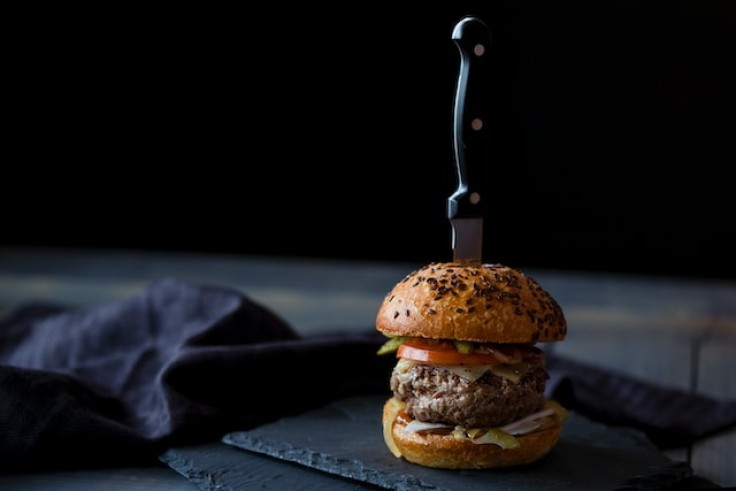
In China, a country renowned for its rich culinary traditions of hot noodles, steaming rice, and flavorful soups, an unexpected food trend has recently gained popularity on social media platforms across the nation.
Under the hashtag #bairenfan, which translates to White People Meals, Chinese netizens have been sharing images of what many would consider bland and unappetizing foods. According to CNN, these pictures depict simple dishes like raw carrots wrapped in cheese, dressing-free salads, and two-ingredient sandwiches, which are typically associated with Western lunch options.
From Mockery to Support: The Evolution of the #bairenfan Trend
The trend gained momentum in May, with users posting photos and videos of these minimalist meals on Chinese social media platforms. Although some posts with the hashtag date back to last October, it was in the last month that #bairenfan became one of the hottest phrases on various platforms and local media.
Interestingly, the trend evoked a range of reactions. Initially, most Chinese posts were filled with mockery and disbelief. Users on Xiaohongshu, a popular Chinese social media site, sarcastically commented on the simplicity of these meals while expressing concern about their nutritional value.
As the trend spread globally, English-speaking Twitter users also joined in, sharing their own experiences with #whitepeoplemeals. Many found the hashtag hilariously accurate, recounting instances of witnessing colleagues or friends enjoying similar minimalistic meals.
Surprisingly, the trend garnered support from another group within China, resulting in a new hashtag, #Bairenfanyeshifan or #whitepeoplemealsmatter. Some individuals saw these meals as a means to lose weight, while others suggested that they reflect the lifestyle and challenges of modern society.
Cross-cultural differences played a significant role in the emergence of this trend. According to The Guardian, British Chinese chef Andrew Wong highlighted the evolving nature of perceptions given China's recent exposure to Western cultural influences. Wong emphasized the need to understand the reasons behind certain foods and cultural practices.
Decolonizing Foodways: #Whitepeoplemeals and the Rejection of Norms
While some Chinese netizens expressed confusion about these uncooked, cold meals, it is important to note that they are primarily consumed at lunchtime. Megan Elias, a food historian and gastronomy director at Boston University, explained that the tradition of quick and easy lunches has a long history in industrialized nations. Sandwiches, for example, became popular due to their convenience and ability to accommodate a variety of flavors in a limited amount of time.
Although many individuals still prefer warm and flavorful meals, the trend challenges the stereotype of "white people meals" and provides an opportunity to decolonize traditional American foodways. The trend encourages a more nuanced understanding of diverse culinary practices and aims to decenter whiteness.
Both Chef Wong and Chef Edward Voon, a Malaysia-born chef based in Hong Kong, emphasized the importance of diversity and cultural appreciation in the culinary world. They caution against making generalizations based on race or culture and believe that food, like language, should be understood within its cultural context.
Ultimately, the #WhitePeopleMeals trend serves as a reminder that people have different food preferences and cultural backgrounds. It encourages open-mindedness and offers an opportunity to challenge stereotypes while celebrating the diversity of culinary traditions around the world.
Related Article : Does Eating Fried Food Have Negative Effects on Children's Health?